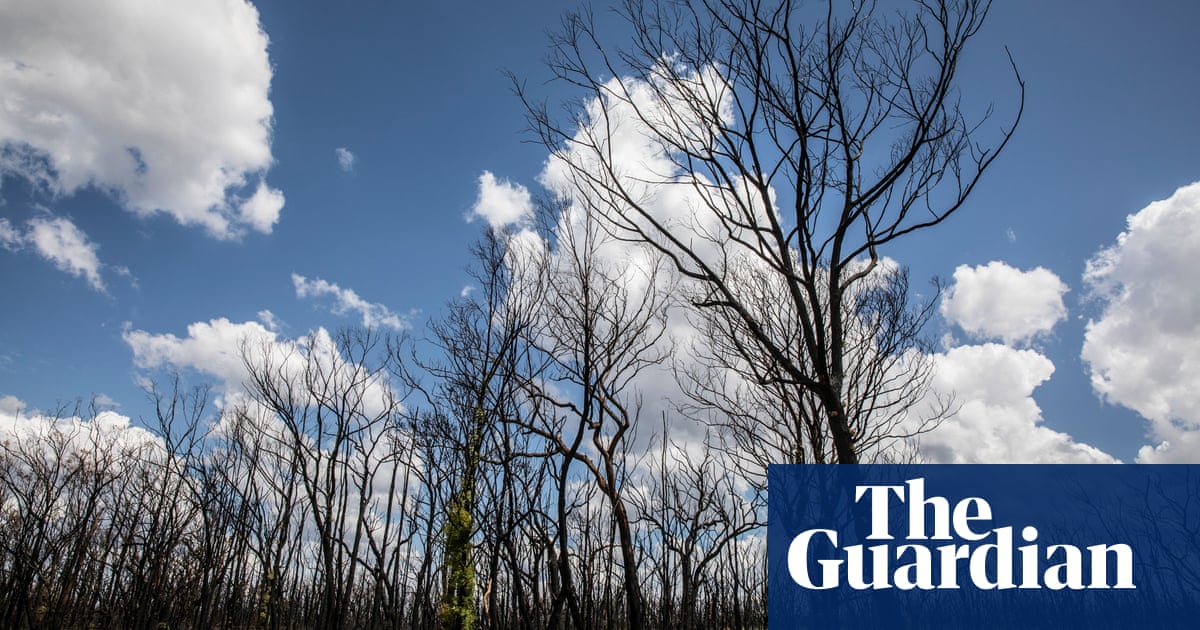Economic models systematically reduced the extent of the impact of global heating on people’s wealth, according to a new study that finds that the 4c temperature will make the average person 40 %-approximately four times in some estimates.
The study, conducted by Australian scientists, indicates that the average GDP of each person around the world will be 16 % reduced even if the apostasy is kept to 2c higher than pre -industrial levels. This is a much larger decrease than previous estimates, which found that the reduction would be 1.4 %.
Scientists now estimate that global temperatures will rise by 2.1 degrees Celsius Even if countries hit short and long -term climate targets.
Criticism has been affected in recent years that a group of economic tools known as integrated evaluation models (IAM) – used to direct the amount of investment in reducing greenhouse gas emissions – failed to obtain significant risks of climate change, especially harsh weather events.
The new study, in the magazine Environmental research messagesOne of the most popular economic models and strengthening them through climate change expectations to capture the effects of harsh weather events through global supply chains.
Dr. Timothy Neil, from the Institute for Climate Control and Responding to him at the University of New South Wales, said that the lead author of the study said that the new research has discussed the potential impact of global heating of 4C – which many climate experts see as a catastrophic of the planet – finds that he will make the average person 40 %. This is compared to about 11 % poor when using models without improvements.
Neil said that the previous economic models that were “unintentionally concluded” even high levels of global heating will have only modest implications for the global economy “profound effects on climate policy.”
He said that the economic models tend to account for the weather at the local level only, instead of how the weather affects drought or floods on global supply chains.
“In a hotter future, we can expect successive supply chain disorders resulting from harsh weather events around the world,” Nil said.
“It is in contrast when the rubber strikes the road. It is not a matter of moderate temperatures,” said Professor Andy Bitman, the climate scientist at Usw and co -author of the research.
“Re -equipping economic models to take into account the maximum of your part of the world and their impact on supply chains seems to be very attached to doing, countries can completely cost economic weaknesses to climate change, then make the clear thing – emissions.”
Some economists have argued that global losses of global heating may be partially balanced through warming that can benefit some cold regions, such as Canada, Russia and northern Europe. But Neil said that global heating will strike countries everywhere, because global economies are linked to trade.
Professor Frank Gotzo, an expert in climate policy at the Australian National University that did not participate in the research, said that the economic climate modeling using IAMS assumed that if climate change made an activity like an insecurity agriculture in one part of the world, the increase in production will simply come from another place.
“The result is that the models say that climate change does not make a big difference in the future global economy, which contradicts the science of physical influence and an accurate understanding of the interconnection in the economy.”
A Report in January From the Institute and the College of Aktarians, which represents the profession that supports the decisions of the risk management of the world insurance companies and pension funds, the previous economic risk assessments in calculating the effects of climate in the real world such as “turning points, extremist events, migration, sea level rise, human health effects or geographical risks.”
The report said: “The benign and loving results may enhance the narration that these risks are slow to move with limited effects, instead of the severe risks that require immediate action,” the report said.
Mark Lawrence is looking at climate risk as a professor of practice at Adelaide University, who was previously working in managing financial risks with senior roles in major financial institutions including Merrill Lynch and Anzing Group. He said that the results of the new research were credible.
“If there is anything, I think the economic effects [of climate change] “It can be worse,” he said.
Lawrence said that the result of the separation between modeling and the effects of climate in the real world is that “the possible economic benefits of taking urgent climatic policy have been greatly reduced.”
adxpro.online
